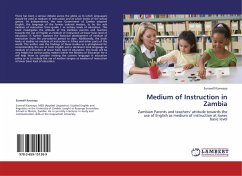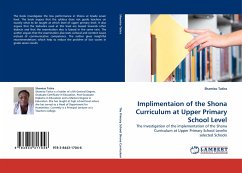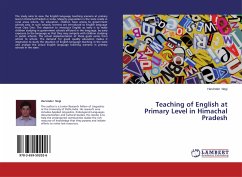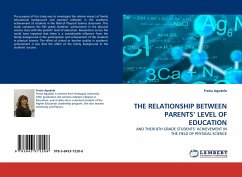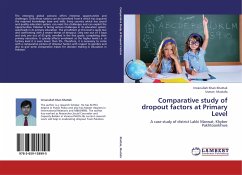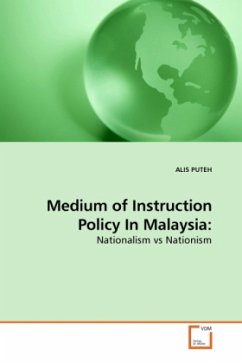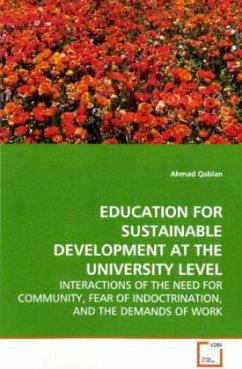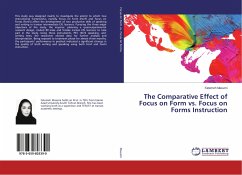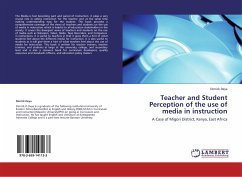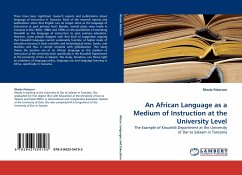
An African Language as a Medium of Instruction at the University Level
The Example of Kiswahili Department at the University of Dar es Salaam in Tanzania
Versandkostenfrei!
Versandfertig in 6-10 Tagen
32,99 €
inkl. MwSt.

PAYBACK Punkte
16 °P sammeln!
There have been significant research reports and publications about language of instruction in Tanzania. Most of the research reports and publications show that English can no longer serve as the language of instruction at post primary level. Besides, several plans were made in Tanzania in the 1960s, 1980s and 1990s on the possibilities of extending Kiswahili as the language of instruction to post primary education. However, some people disagree with that kind of suggestion arguing that Kiswahili language cannot sustainably function at higher levels of education because it lacks scientific and...
There have been significant research reports and publications about language of instruction in Tanzania. Most of the research reports and publications show that English can no longer serve as the language of instruction at post primary level. Besides, several plans were made in Tanzania in the 1960s, 1980s and 1990s on the possibilities of extending Kiswahili as the language of instruction to post primary education. However, some people disagree with that kind of suggestion arguing that Kiswahili language cannot sustainably function at higher levels of education because it lacks scientific and technological terms, books, and teachers and thus it cannot compete with globalization. This study shows the positive use of an African language as the medium of instruction at the university level, specifically in the Kiswahili Department at the University of Dar es Salaam. The study, therefore, can throw light on problems of language policy, language use and language learning in Africa, specifically in Tanzania.



